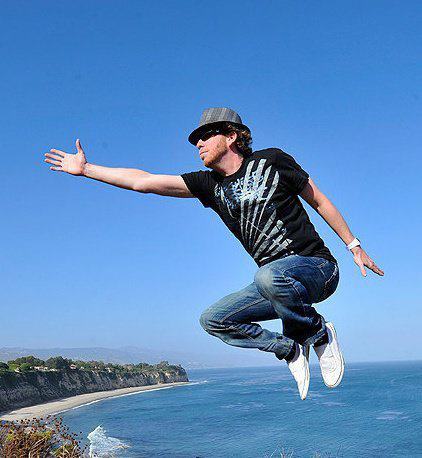Hello Brian, Thanks joining us on Talking With The Pros, can you please give us an introduction about yourself and how you got started in the photography industry?
My name is Brian Babineau – 33 years old – currently living in Boston. Im the team photographer for the Boston Celtics, Boston Bruins, staff photographer with the Boston Red Sox, House photographer for the TD Garden and also specialize in concert photography. I started shooting when I was 15 years old. My father, Steve Babineau, has been shooting with the Boston Bruins since the late 1970s and he gave me a camera during one Bruins game up at our season ticket seats and asked if I wanted to try taking some shots. I did. Next game he asked if I wanted to shoot from ice level through the hole in the glass. I was nervous, but I did. I was 15 years old, shooting the Boston Bruins and in my first year I had the cover of the Hockey News, The Sporting News, photos on hockey cards, magazines and the cover the NHL 1994 EA Sports PC video game. I guess you can say it was in my blood…and I’ve been doing it ever since.
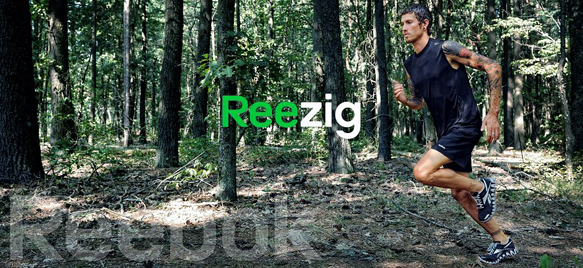
What do you like most about taking photos of superstar athletes in action?
When shooting professional athletes, your shooting the best. They are the best at what they do, the best at their game. They are in the pro’s for a reason and being able to photograph these athletes at the professional sports level is special. You’re documenting their careers. Your documenting history. People will look back on my photos to relive great moments. I have been fortunate enough to work with some great teams such as the 2004+2007 World Series Champion Boston Red Sox, 2008 Champion Boston Celtics and recently the 2011 Stanley Cup Champion Boston Bruins. Those photos will live forever. People always remember champions. When Im in that moment where something great is happening right in front of me, I know that the photos Im taking are special.
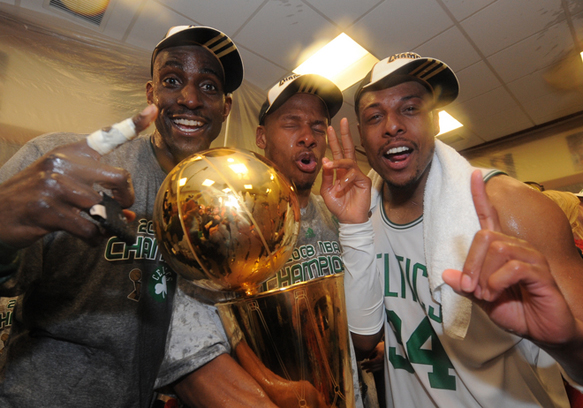
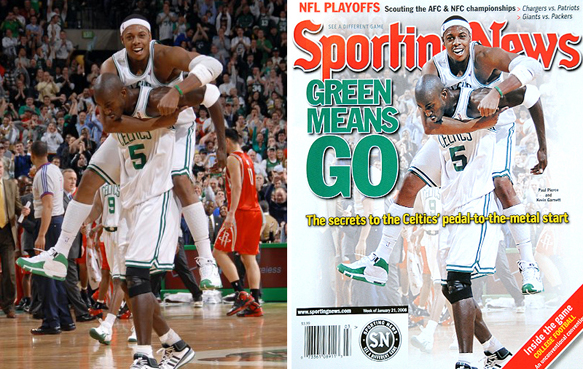
Can you give us a brief walk through your work process?
Arrive at the TD Garden in Boston about 3 hours before the game and get my camera’s ready. Charge my batteries and set up my laptop for my assistant (my tech captions and transmits photos during the game). I use strobe lights in the ceiling for the games so I have to turn those on then set up my pocket wizards (remotes) to trigger the strobes. Then, I set up my remote cameras on the opposite side of my shooting position and sometimes set cameras up in the ceiling. Once all that is ready to go I sit down, have a meal, then off to shoot the game. During the game my assistant will come to my photo position (usually during tv timeouts) and take my digital cards, download them, caption, and transmit photos that I have specifically “tagged” in my camera. The rest of the photos get filed into player folders. My assistant comes out to retrieve my cards multiple times a game. After the game my entire take needs to be transmitted to the NBA or the NHL – depending on who I’m shooting.
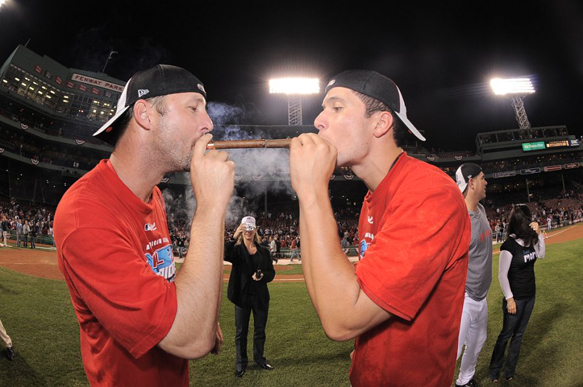
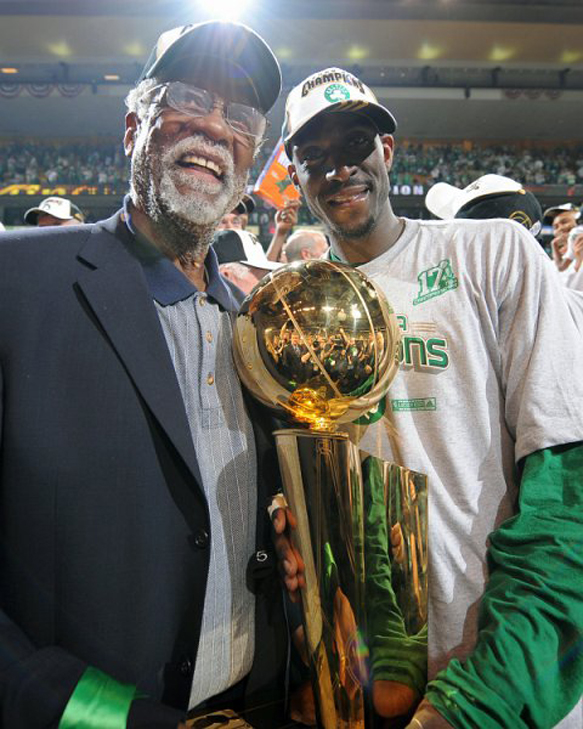
In your opinion, what makes a good image?
It all depends on what you want, or need…or if you caught a specific moment. In the sports field, its framing, focus, and exposure…and its all about timing. Im shooting with strobes so I can only take one picture every three seconds. If an NBA player goes up for a dunk, I only have one chance to capture that moment and not shoot it too early, or too late – with strobes your timing has to be dead on. Obviously if you catch an important moment during a game (winning goal, recording breaking shot, etc) – those make for great images…but you have to be ready to shoot them.
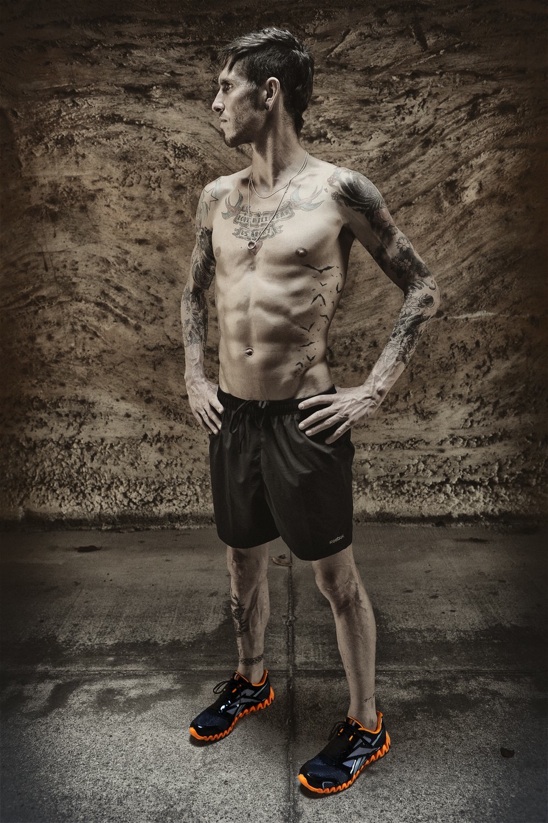
What’s the most challenging thing about the work you do?
Always being on. We’re all human and sometimes we have bad days, or days where you timing is off. It can be frustrating but it happens to everybody.
What advice you would you give to someone who is just starting out in photography?
Learn the basics. Understand how to use your camera inside and out. Be prepared for situations. Practice. Read about photography. Look at the photography of others and study and find out what inspires you. Work hard, shoot and get really good at it. Im lucky that I got started at a young age and was thrown into shooting professional sports – I was literally thrown into the fire but I had to learn quick. But I was interested and I taught myself a lot. I taught myself more than what anybody else has taught me…and still do to this day. I enjoy photography and enjoy learning and experimenting…it will only make you better.
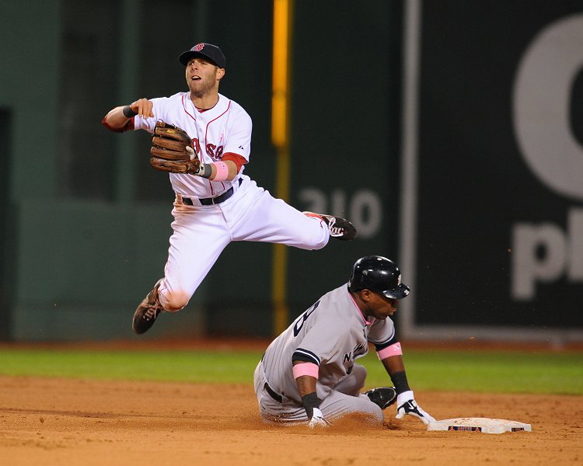
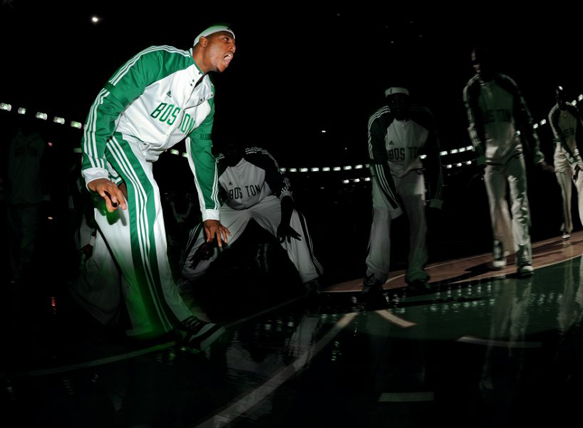
What kind of equipment do you use now, and what did you start with?
Nikon. Ive always shot Nikon. Currently my camera bodies are a D3s, 2-D3′s, D700 and multiple lenses such as 14-24, 24-70, 70-200, 80-200, 300, etc. The first camera I shot with was a Nikon FM2 film camera and all manual focus lenses. Then I went to the Nikon N90, then to the F5. Then in 2000 I started shooting with Nikons first Digital Camera the D1. From then Ive always shot digital.
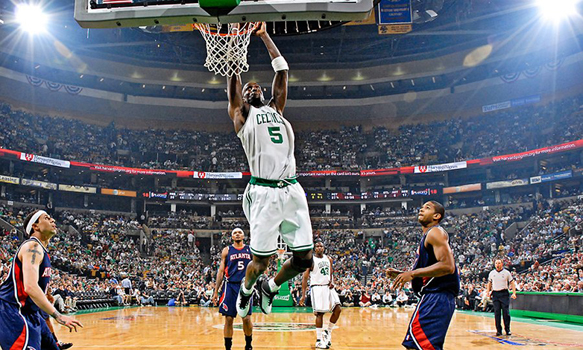
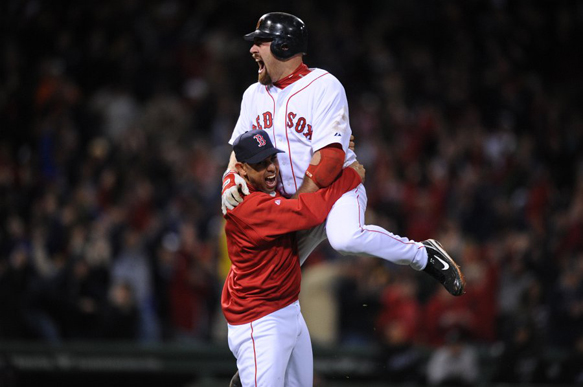
How important is Photoshop in your final images?
When Im shooting sports games, its not important. My photos get transmitted straight out of the camera. My sports images can be looked at as news photos, so any digital manipulation is frowned upon. When I’m doing a special project with my images, where I want to put a special look on it or make a composite or anything where photoshop is needed – then yes, photoshop is important for those certain projects.
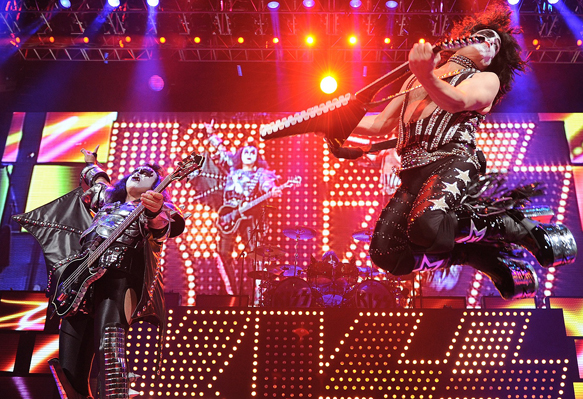
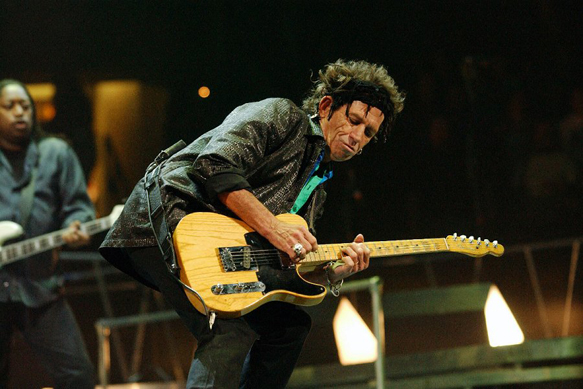
Thanks for being our featured guest, do you have any final words for our readers?
Find out what you like, what interests you and do your best. To succeed you need to work hard, practice and be willing to learn…and most importantly…want to learn. For any artist…teaching yourself is so important.
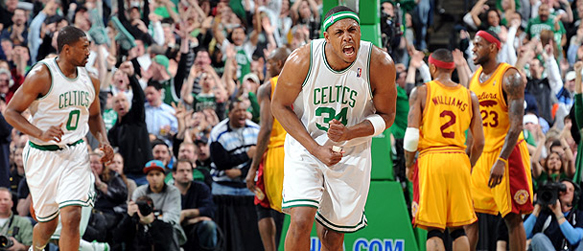
To view Brian Babineau’s portfolio, visit www.bpbphotography.com
